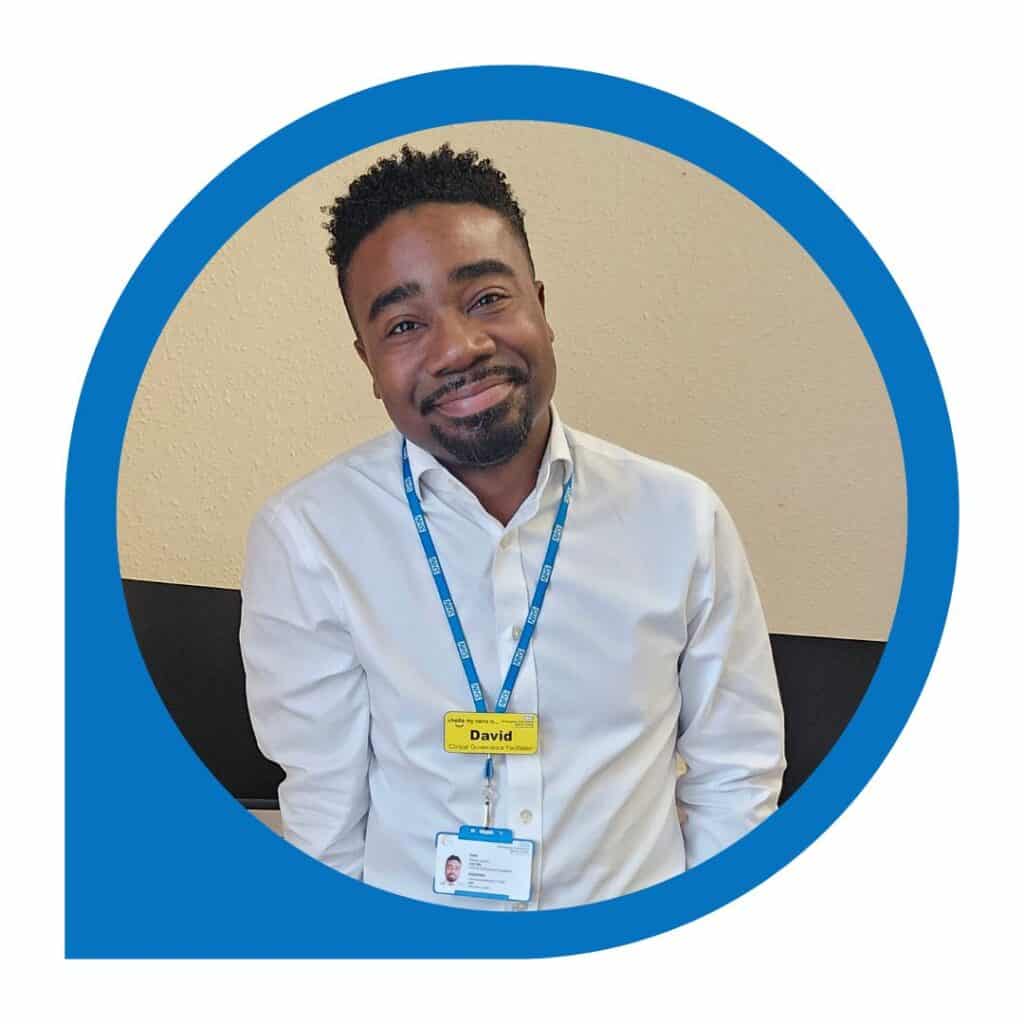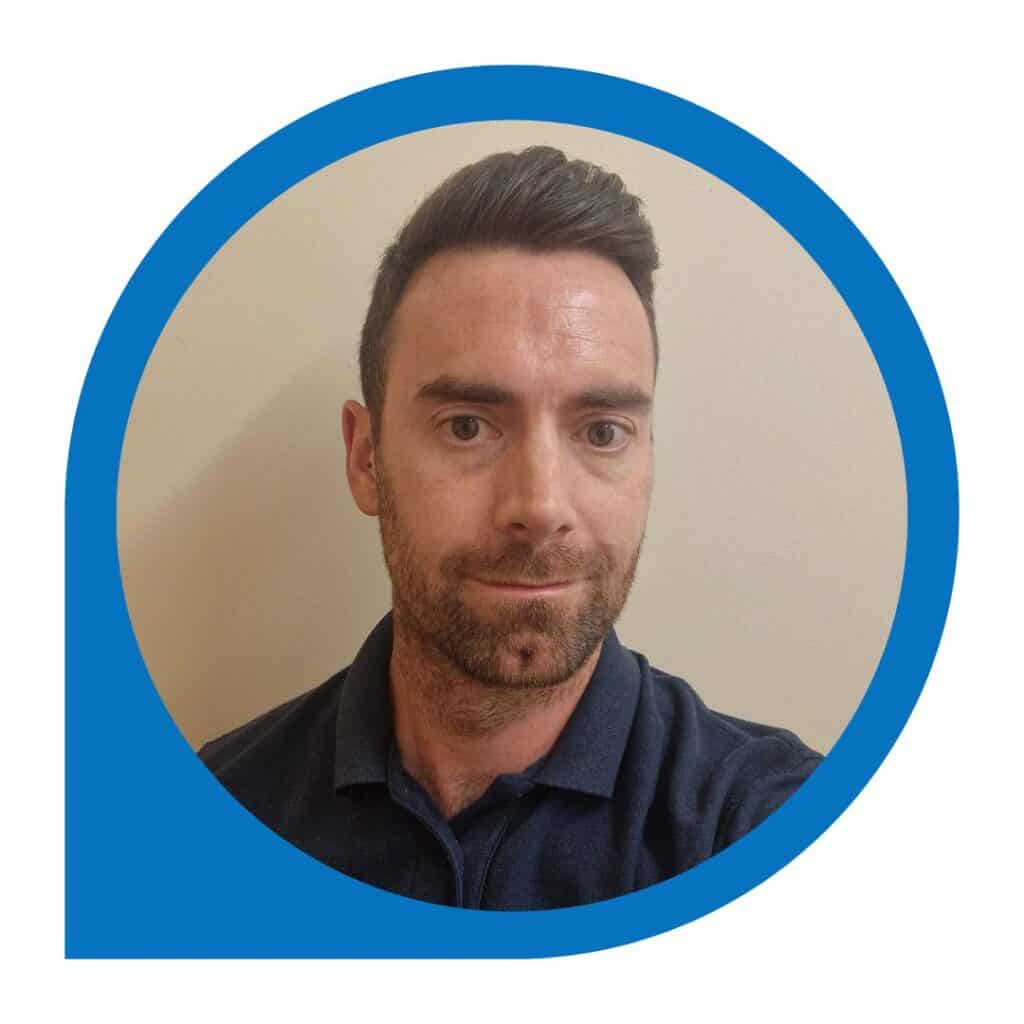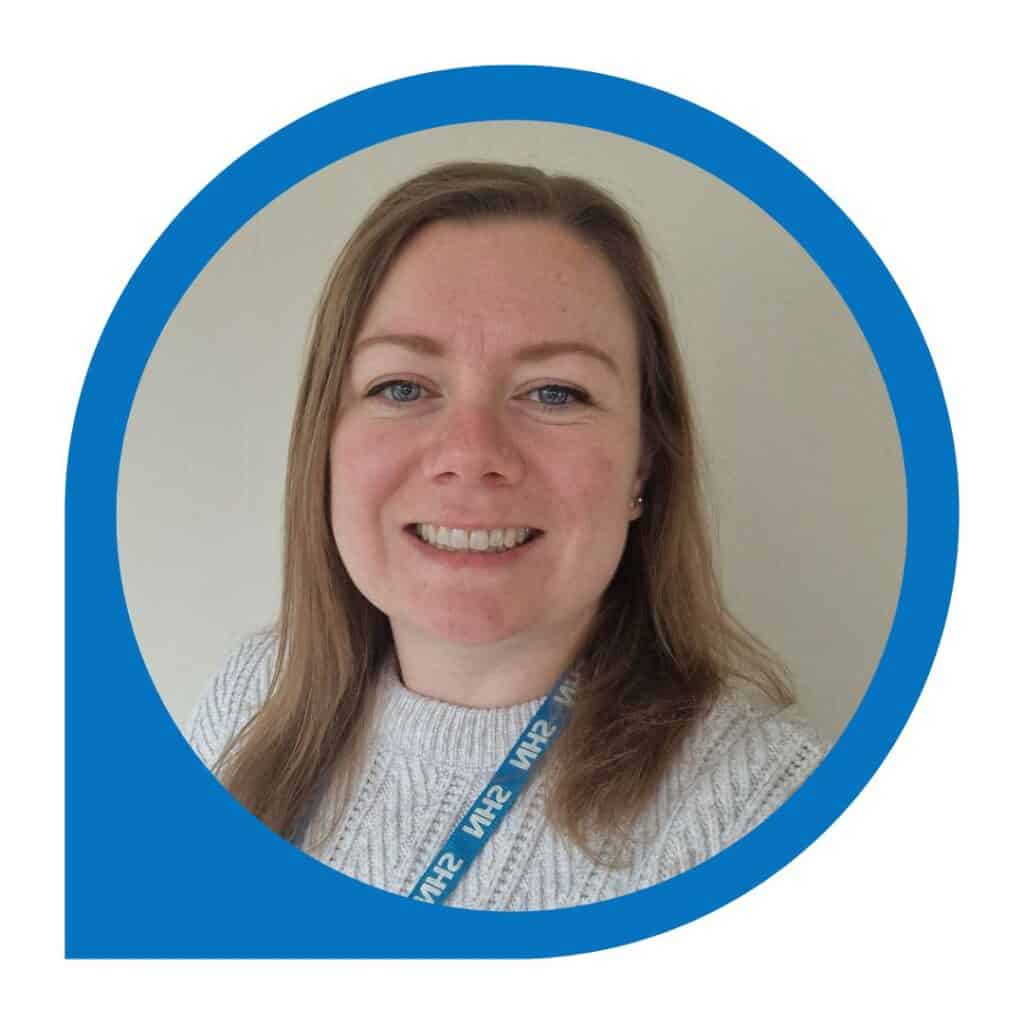Sometimes, in the rush of life and giving time to others, we forget to give time to ourselves.”
Around one in 13 adults in the UK report feeling lonely often or always. Those aged 16 to 29 years old are most likely to experience some form of anxiety (28%) and one in four people in England will face a mental health problem each year.
That’s why as part of World Wellbeing Week (Tuesday 24 June – Monday 30 June) we are sharing our Five Minutes With… A Trainee Mental Health and Wellbeing Practitioner.
Junaid Shabir will be sharing his experiences at BSMHFT, what drew him to mental health, and some of the key moments in his journey so far.
Hi Junaid, please could you start by telling us a little bit about yourself and what you do at Team BSMHFT?
“I work as a Trainee Mental Health and Wellbeing Practitioner (MHWP) at Northcroft Community Mental Health Team (CMHT). My time is split between going to the University of Derby and my base, where I conduct assessments and deliver low-intensity wellbeing focused interventions.

“I work collaboratively as part of a Multi-Disciplinary team (MDT), which includes psychiatrists, community psychiatric nurses and psychologists. As a whole, the CMHT provides care and support to service users in the community with moderate to severe mental health difficulties.
“I’m fairly new to the role, starting in March 2025, however, I’ve been working for the Trust since February 2023, so just over two years now, which feel like they have flown by! I have learnt a lot from working in mental health services and I’m continuing to grow.”
What is it like to work in as a Trainee Mental Health and Wellbeing Practitioner at Northcroft?
“Working at Northcroft has been an incredibly positive experience. I love the diverse roles within the team and everyone is very friendly. I previously worked on acute inpatient wards, so there was a bit of adjusting to the change of pace, but overall, it’s been very good.
“I’ve recently passed my observed role-play exam, so I am finally able to see service users for assessments and one-to-one sessions. Before this, I shadowed colleagues from a range of different disciplines in their assessments and interventions, such as psychologists, nurses and doctors, and was able to see how the different roles in the team work.”
Has there ever been a stand-out moment in your career that has made you pause and reflect?
“Publishing my article entitled ‘Muraqabah: How I adapted mindfulness to work for Muslim patients’ was surreal. I didn’t expect the amount of positive feedback that I received and the large amount of people who it resonated with. It also led to several opportunities to present and teach Muraqabah to other colleagues, which made me reflect on the importance of adapting interventions for different service users from diverse backgrounds and how much further work is needed in this area.”

What kinds of interventions do you offer within the Northcroft Community Mental Health team to support a patient’s rehabilitation?
“As a MHWP, we provide a range of psychologically informed, low-intensity wellbeing focused interventions such as problem solving, sleep hygiene, behavioural activation and graded exposure. These interventions provide the tools needed for individuals to look after their own mental health and wellbeing, as well as potentially getting them to a stage where they can engage in more high intensity psychological work if needed.
“To access the service, we would usually receive a referral from the CMHT MDT for a service user to undergo one of the MHWP interventions. We would then screen the service user to see if they would be suitable for our services and would offer an assessment appointment to gather further information.”
What’s the biggest misconception people have about your job?
“People sometimes get mixed up between my role and a Psychological Wellbeing Practitioner (PWP), mainly because of the similarities in interventions that we provide and the word ‘practitioner’ being in our job titles. The key difference is that PWPs typically work in primary care, such as GPs, and have much larger caseloads (up to 45 clients at one time), whereas MHWPs only work in secondary care settings, such as CMHTs and have a much smaller caseload (10-15 clients). This is because clients who are in secondary care services have more complex mental health difficulties and backgrounds, so more longer pieces of work would be required with them as opposed to primary care.”
Why did you decide to pursue a career in mental health specifically?
“I decided to pursue a career in mental health because, growing up, I had witnessed several instances where people I knew who had mental health difficulties were not accessing services due to cultural stigmas and family barriers.
“I’ve always wanted to bring awareness to the importance of mental health to the South Asian community, as well as actively helping people who have mental health difficulties. I always wanted to work in a role where I am of service to other people, as it aligns with my personal values and beliefs. So, working within mental health services was the natural decision and I haven’t looked back since.
I also have an interest in human psychology and behaviour since I was in school, being the type of person to provide advice to fellow students whenever they needed it. Everyone has a story and I’m always interested in them.”
What do you do to improve your mental health and wellbeing?
“I usually pray five times a day, as well as some optional prayers too and Muraqabah (Islamic mindfulness). I also like to read and spend time with my family.
“I used to journal whatever was on my mind in the mornings but I do that occasionally now due to my schedule.”
What would you encourage someone to do if they are struggling with their mental health or wellbeing?
“I would first encourage them to seek out help from their support network. Sometimes just reaching out to someone close like a family member, loved one, friend or work colleague can be the catalyst to help them feel better within their mental health and wellbeing.
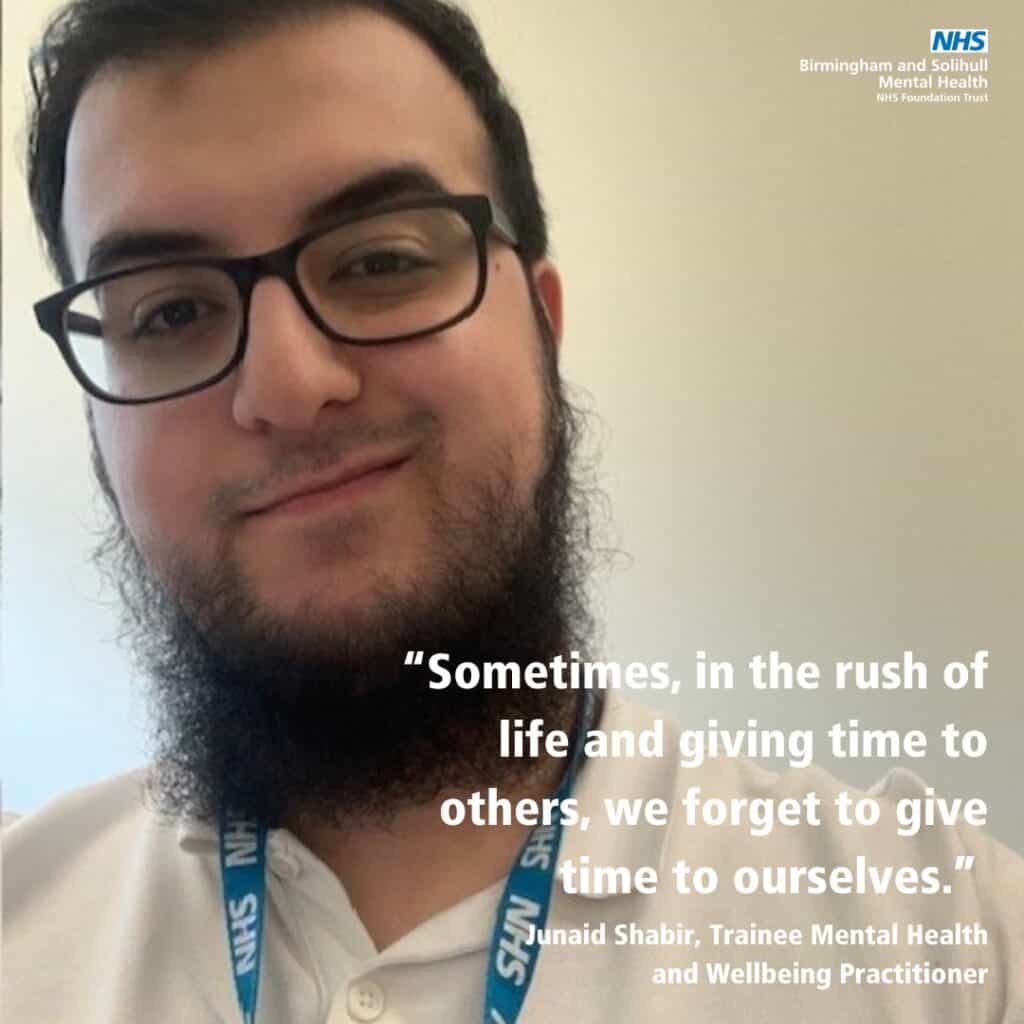
“I would also advise them to take some time for themselves and do something which they love or re-discover an old hobby which they used to do. Sometimes, in the rush of life and giving time to others, we forget to give time to ourselves.”
Past, present or future, what three people would you most want to sit down for a meal with?
“Prophet Muhammed (Peace be Upon Him) – Being a Muslim, this man is the most important figure in my life. From what I believe and my daily acts of worship, to how I conduct myself in the world, he is my role model.
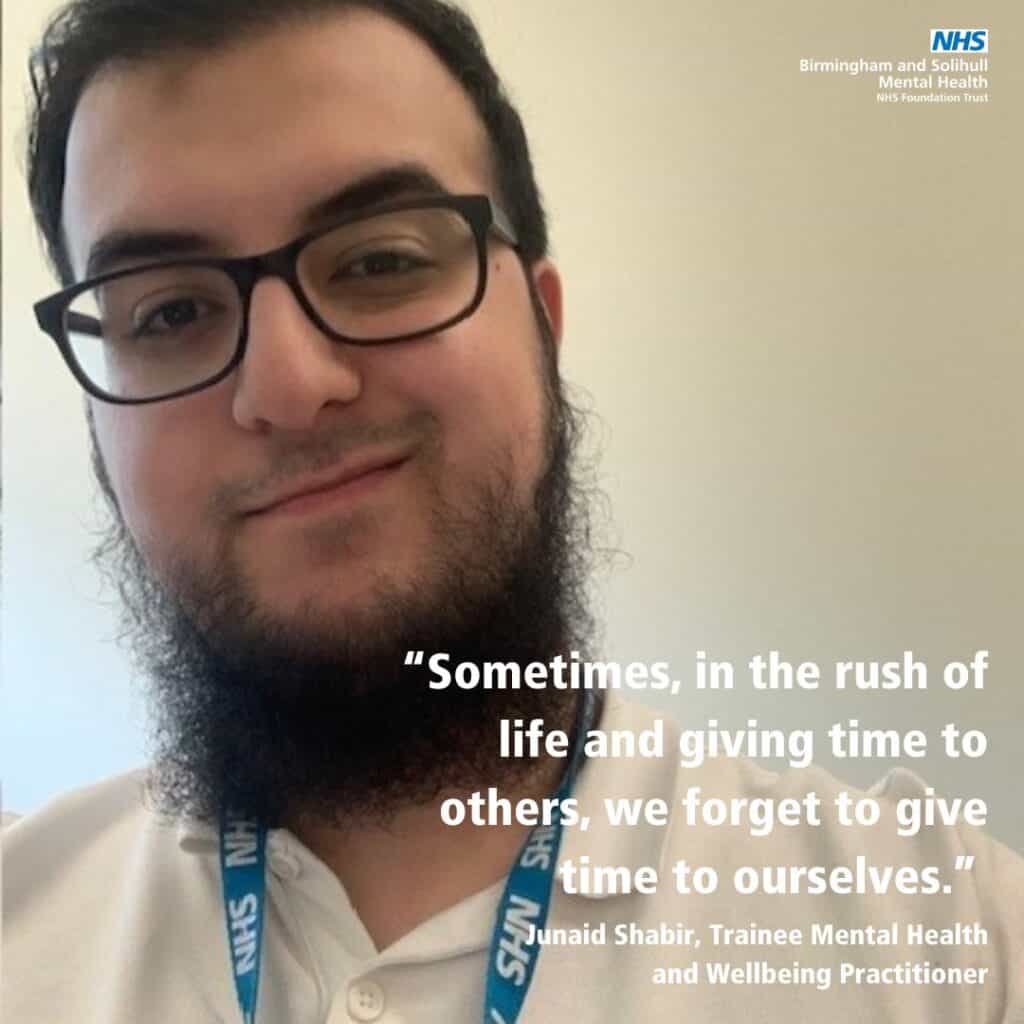
“Two Islamic scholars of the past who are known as Imaam Abu Hanifa and Imaam al-Ghazali – these two scholars have played a pivotal role of shaping my understanding of the world and the Islamically informed philosophy I live by.”
Tell us something that people might not know about you
“I can speak three languages, English, Mirpuri and Arabic (to an extent) and can read, understand and write in English and Arabic.
Describe yourself in three words
“Curious, funny (I think…) and understanding.”
Published: 24 June 2025



